So, you’ve used all of the usual primary sources for teaching about George Washington… but your students want more!
I am sharing three unique, fascinating primary sources that truly highlight the personality of our first Commander in Chief.
Please note – I present these sources to my students as excerpts. I do not present entire 18th Century letters to my 5th graders at one time because they are just too overwhelming. Entire letters can be overwhelming even to adults, especially ones written in 18th Century language, so it’s best to pull out a few pieces of the letter to analyze with students.
Are you looking for more upper elementary social studies/writing resources and ideas? I’d love for you to join my weekly VIP email list with no spam, just helpful tips, ideas, and resources!

Letter from George Washington to Lund Washington, 1781
In the Spring of 1781, the Savage, a British warship, anchored itself in the Potomac River near Mount Vernon. George Washington was not home at the time, he’d been away from Mount Vernon for years leading the Continental Army.
Lund Washington, cousin of George Washington, was managing the plantation when the Savage arrived. Aware that the British were burning colonists’ homes along the Potomac River, Lund boarded the Savage with refreshments in an attempt to spare Mount Vernon. In the midst of the confusion, seventeen enslaved individuals from Mount Vernon fled to the Savage in an attempt to escape slavery.
When George Washington found out what happened, he wrote an angry letter to Lund. Check out this excerpt:
…but that which gives most concern, is, that you should go on board the enemys vessels (ships) & furnish them with refreshments. It would have been a less painful circumstance to me, to have heard, that in consequence of your non compliance with their request, they had burnt my House, & laid the Plantation in Ruins. You ought to have considered yourself as my representative, and should have reflected on the bad example of communicating with the enemy and making a voluntary offer of refreshment to them with a view to prevent a conflagration (destructive fire).
Information on the Savage from Mountvernon.org
Sadly, seven of the enslaved men and women who had escaped on the Savage were returned to Mount Vernon at the conclusion of the American Revolution.
Discussion Questions
- Discussion Question 1: George Washington dearly loved his plantation, Mount Vernon. What does it say about him that he’d rather his plantation be burned to the ground rather than provide refreshments to the British?
- Discussion Question 2: Put yourself in Lund Washington’s shoes. He had to make a quick decision with no way to ask George Washington’s wishes before acting. Would you have provided refreshments like Lund did or would you have made a different choice?

Baron Ludwig von Closen’s Observation of George Washington
Baron Ludwig von Closen, a young aide-de-camp to General Rochambeau, kept a detailed diary of his experiences while assisting during the American Revolution.
By all accounts, Von Closen admired George Washington’s leadership skills and the way that soldiers followed and admired him.
It is incredible that soldiers composed of men of every age, even of children of fifteen, of white and blacks, almost naked, unpaid, and rather poorly fed, can march so well and stand fire so steadfastly.
Von Closen went on to praise George Washington with these words:
The calm and calculated measures of General Washington, in whom I daily discover some new and eminent qualities… He is certainly admirable as the leader of his army, in which everyone regards him as his father and friend.
Discussion Questions
- Discussion Question 1: Reread the first part of the quote. Von Closen’s description of the Continental soldiers is grim. Why is it remarkable that these men were able to march well and stand fire steadfastly (in a strong way, without stopping)?
- Discussion Question 2: Reread the second part of the quote. Describe the relationship that George Washington had with his men.
- Discussion Question 3: How do you think Washington’s relationship with his men influenced the outcome of the American Revolution?

Letter from George Washington to Martha Washington, June 18, 1775
The following excerpt was taken from a letter written by George Washington to his beloved Martha after he’d accepted the position of General of the Continental Army (June 1775).
It’s interesting to note that this letter is one of only two surviving letters written from George to Martha. Mrs. Washington burned all of the letters between herself and the General before her death. This was a common practice in the 18th Century.
My Dearest
I am now set down to write you on a subject which fills me with inexpressible concern – and this concern is greatly aggravated and Increased, when I reflect upon the uneasiness I know it will give you – It has been determined in Congress that the whole Army raised for the defence of the American Cause shall be put under my care, and that it is necessary for me to proceed immediately to Boston to take upon me the command of it. You may believe me my dear Patcy [his nickname for Martha], when I assure you, in the most solemn manner, that, so far from seeking this appointment I have used every endeavor in my power to avoid it, not only from my unwillingness to part with you and the Family, but from a consciousness of its being a trust too great for my Capacity and that I should enjoy more real happiness and felicity in one month with you, at home, than I have the most distant prospect of [gaining] abroad.
Yr Affecte [Your Affectionate]
Go: Washington
Full Letter – George Washington to Martha Washington, June 18, 1775 (Mountvernon.org)
Discussion Questions
- Discussion Question 1: What is the tone of this letter? What can you infer about the relationship between George and Martha Washington by reading this letter?
- Discussion Question 2: What reasons does Washington give for not wanting to assume command of the Continental Army?
- Discussion Question 3: George Washington, with all of his power, land, and money, is often described as humble. After reading this excerpt, which statements do you think best portray Washington as a humble man?
Are you looking for more upper elementary social studies/writing resources and ideas? I’d love for you to join my weekly VIP email list with no spam, just helpful tips, ideas, and resources!
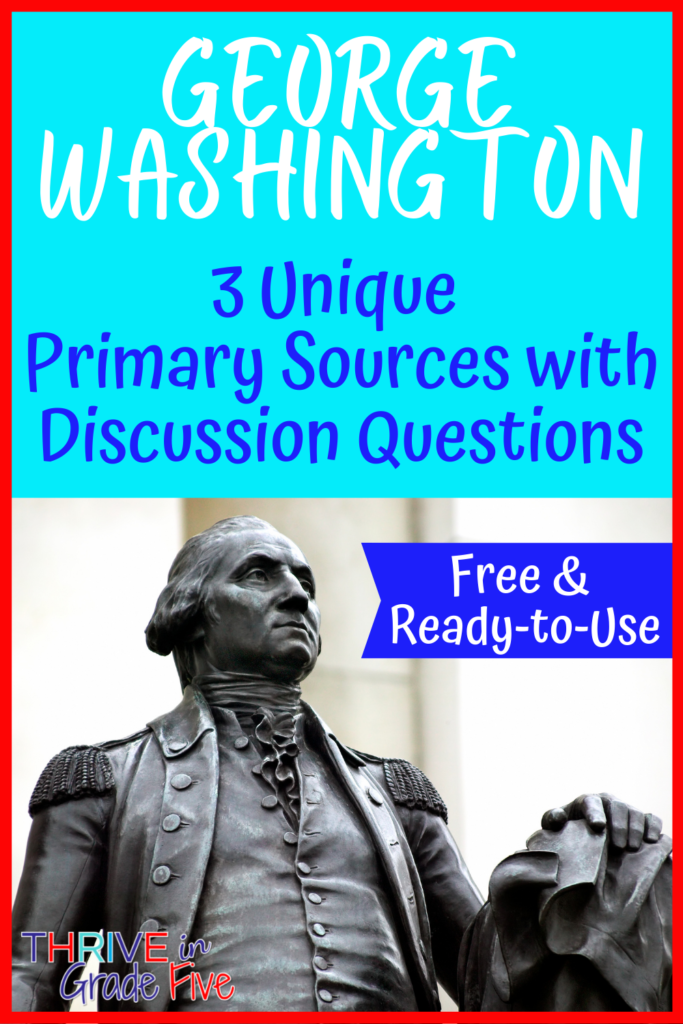

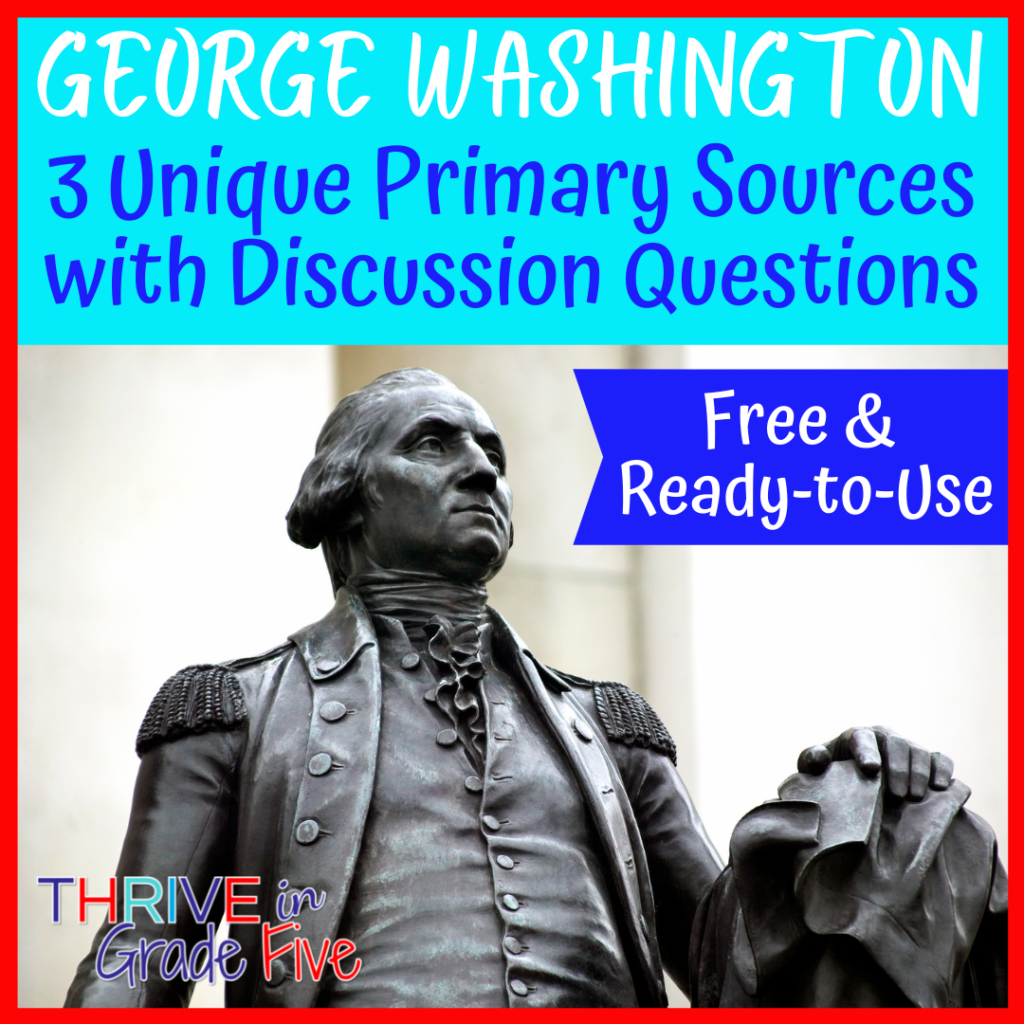
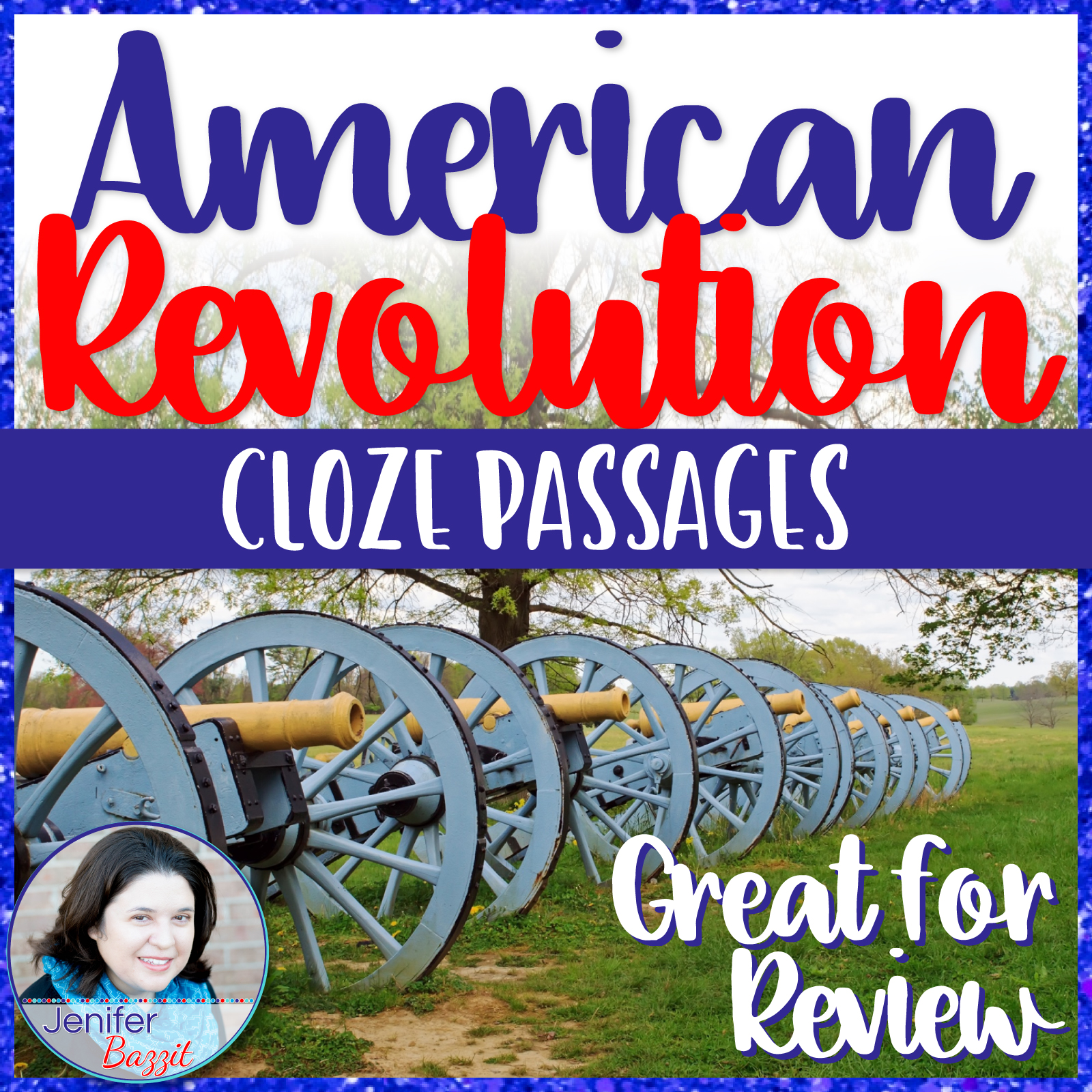
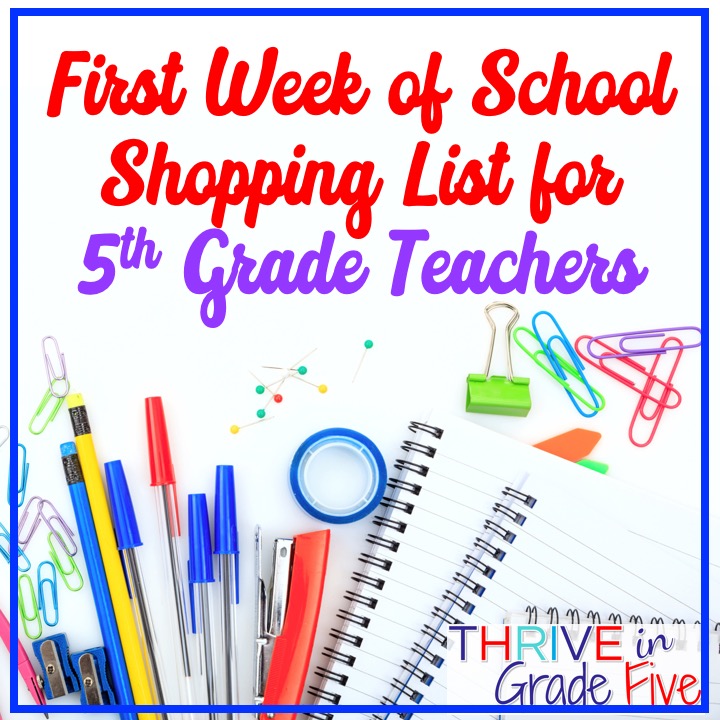

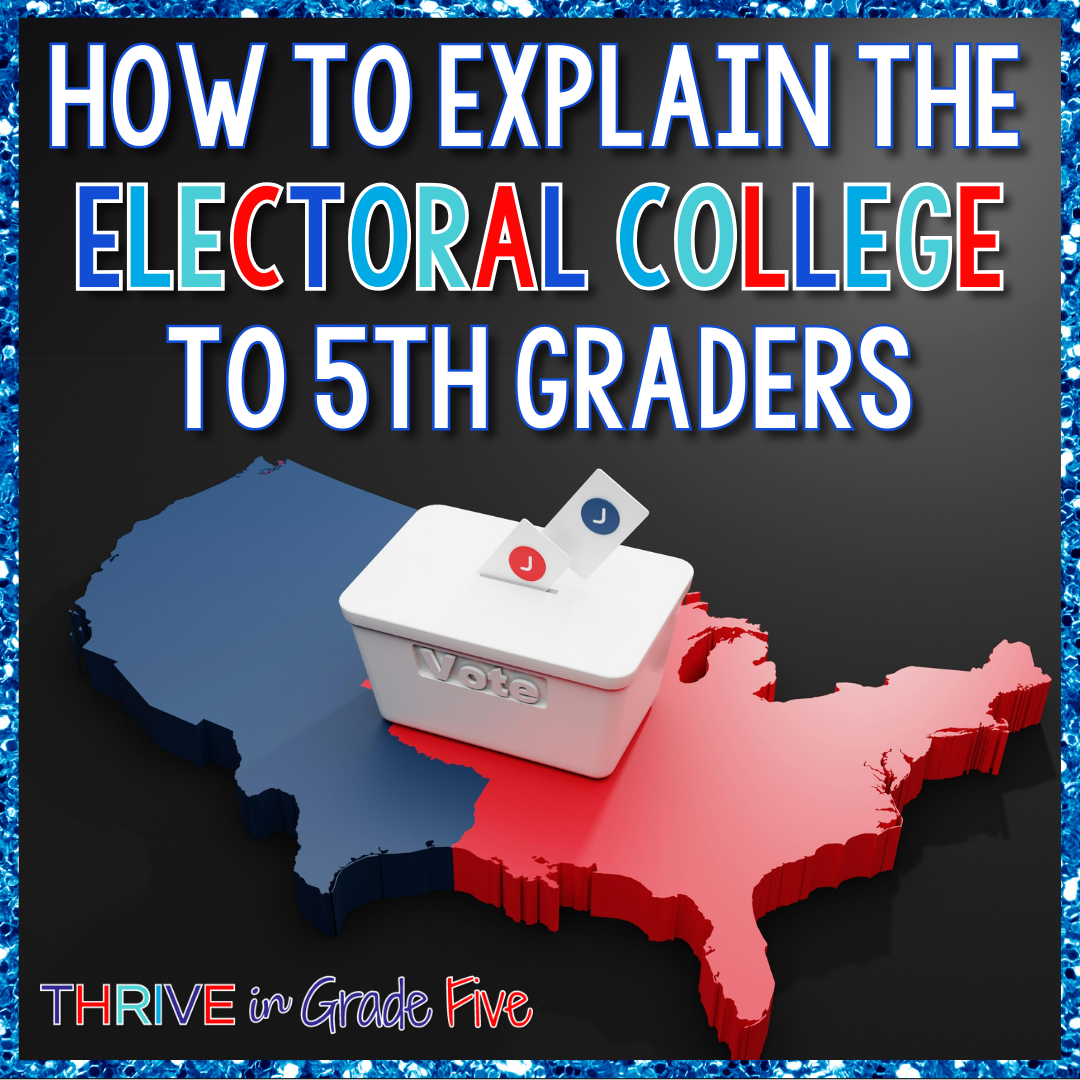

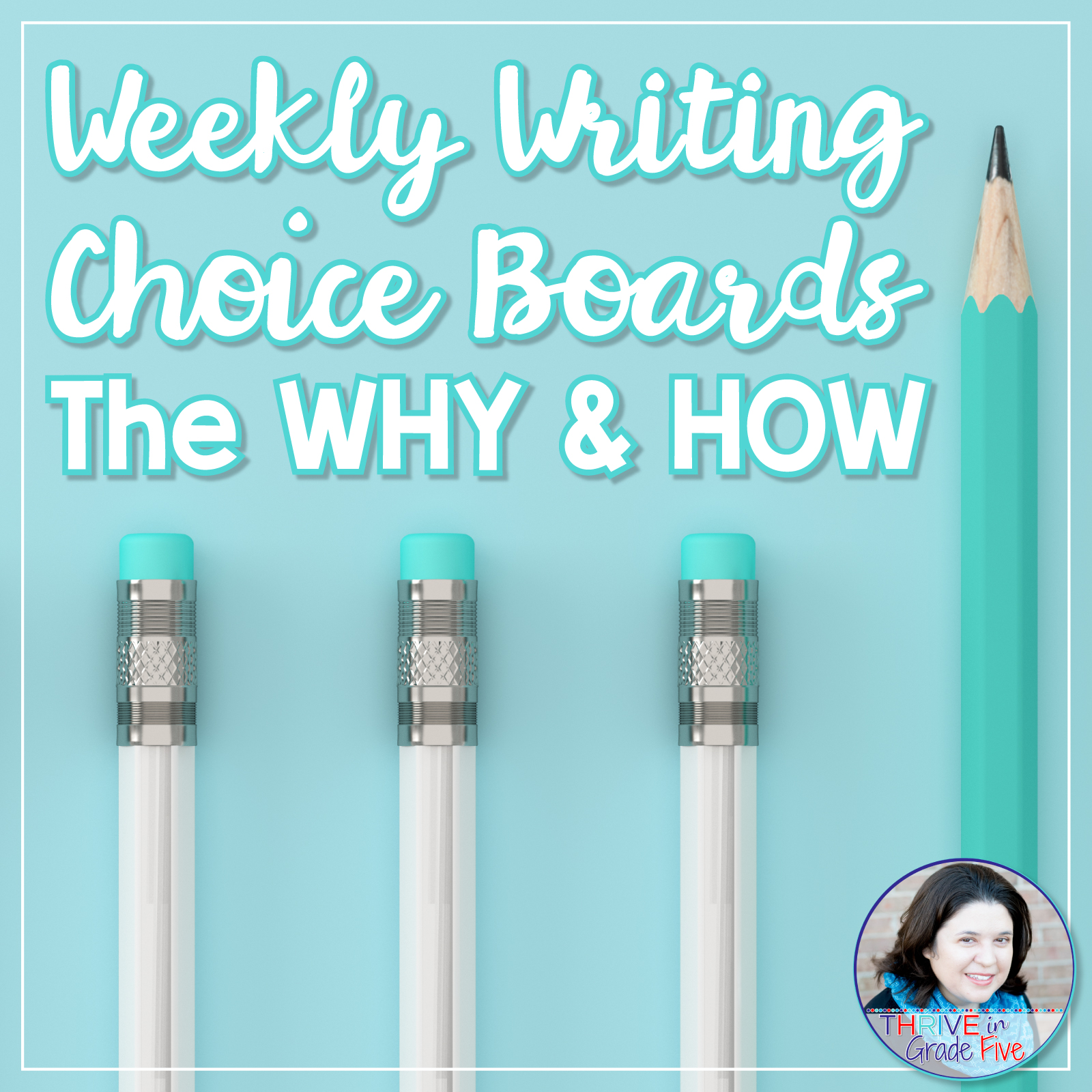
2 Comments
Thanks for your examples of how to make history come alive!
You are very welcome, Valerie! Thanks for taking the time to leave a comment!